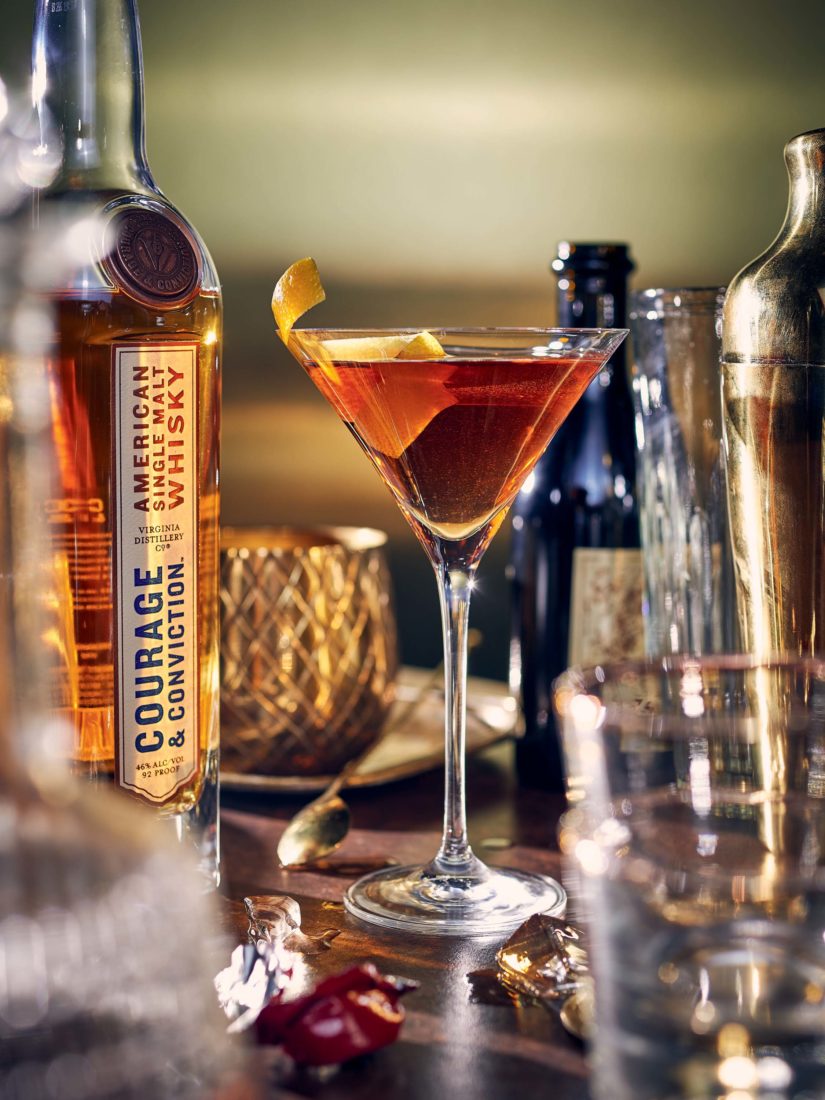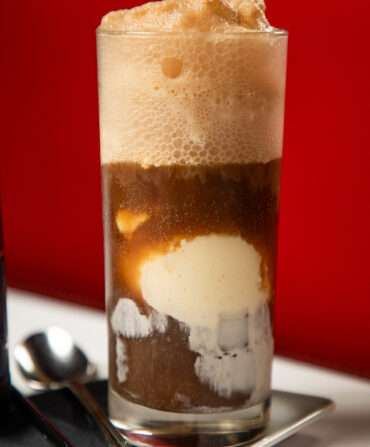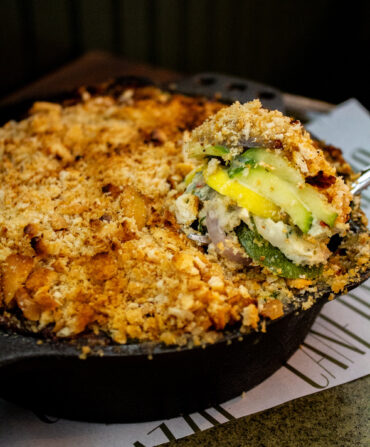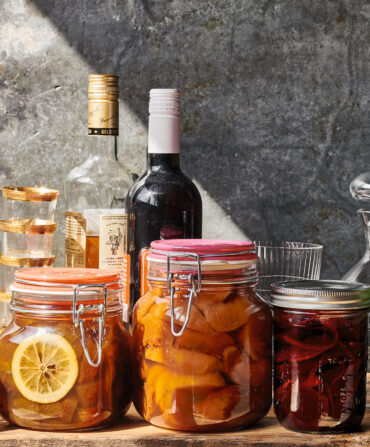I was very naive as to what the business entailed,” Gareth Moore says. “When I first went to the distillery, I was like, ‘Um, where’s the on button?’”
Moore is the CEO of Virginia Distillery Co., which makes American single-malt whiskey in the foothills of west-central Virginia. The business was the dream of his father, George, an Irish immigrant who had a passion for Scotch. After selling his information technology business in 2011, the elder Moore set about pursuing a singular goal: to make a whiskey that could join a flight of top-notch Scotches without embarrassment. “Dad’s vision was to take traditions from the Old World and make them better,” Gareth says. George laid the groundwork to import a circa-1920 Boby roller mill from England to the distillery’s Lovingston, Virginia, headquarters, ordered massive copper pot stills from a noted British manufacturer, and persuaded Harry Cockburn, the retired manager of Bowmore Distillery on Islay, to fly over from Scotland’s Inner Hebrides to help design the new distillery. (“He was very bad at retiring,” Gareth notes.)
Gareth became CEO through abrupt and unforeseen circumstances. In 2013, shortly before the distillery was finished, George died of a heart attack at age sixty-two. Gareth, who was thirty and had embarked on a career in finance, took a detour to fulfill his father’s dream, first taking on the job of finishing the distillery’s construction, then beginning the long process of figuring out how to make whiskey.
Moore isn’t the first in the South to dabble in whiskey made from malted barley. Copper Fox Distillery in Sperryville, Virginia, and Balcones Distilling in Waco, Texas, have brought some refined single malts to the market, and Tennessee’s Chattanooga Whiskey has lately been touting its high-malt bourbon, made chiefly of corn but blended with malt whiskey.
Among Moore’s early discoveries: Virginia is not Scotland. Never mind that local accents were more holler than glen. A more pressing concern was the thick, hot, hazy summers, which cause whiskey to age differently than in Scotland. Following his father’s playbook, Moore recruited another expert, Jim Swan, a founding member of what is now called the Scotch Whisky Research Institute in Edinburgh. Swan, who died in 2017, had helped launch a distillery in Taiwan, where he solved similar quandaries involving climate.
Heat speeds maturation in a cask and can result in unfamiliar (and sometimes undesirable) flavors. So accommodation had to be made. “We can’t change our climate to match our distillate,” Moore says, “but we are making an effort to change our distillate so it’s going to age properly here.” Among the departures from their Scottish cousins: using a different yeast for fermentation, and making “tighter cuts”—distiller talk for when they pull the spirit off the still. Moore and his team also learned about working with the Southern heat by initially importing distillate from Scotland, then blending it with their own product before putting it up in the warehouses, furthering their education in the art of barrel aging.
This spring, Virginia Distillery Co. will roll out its first single malt made entirely at the Lovingston property, called Courage & Conviction. It was named after a favorite saying of George Moore’s: “Have the courage of your convictions.”
And that seems worth toasting.








